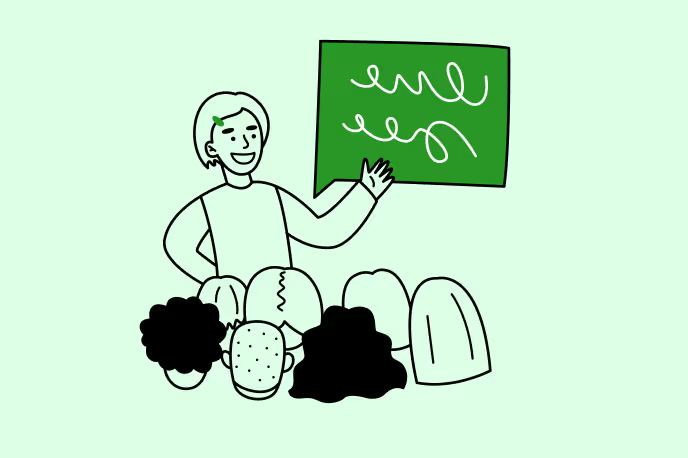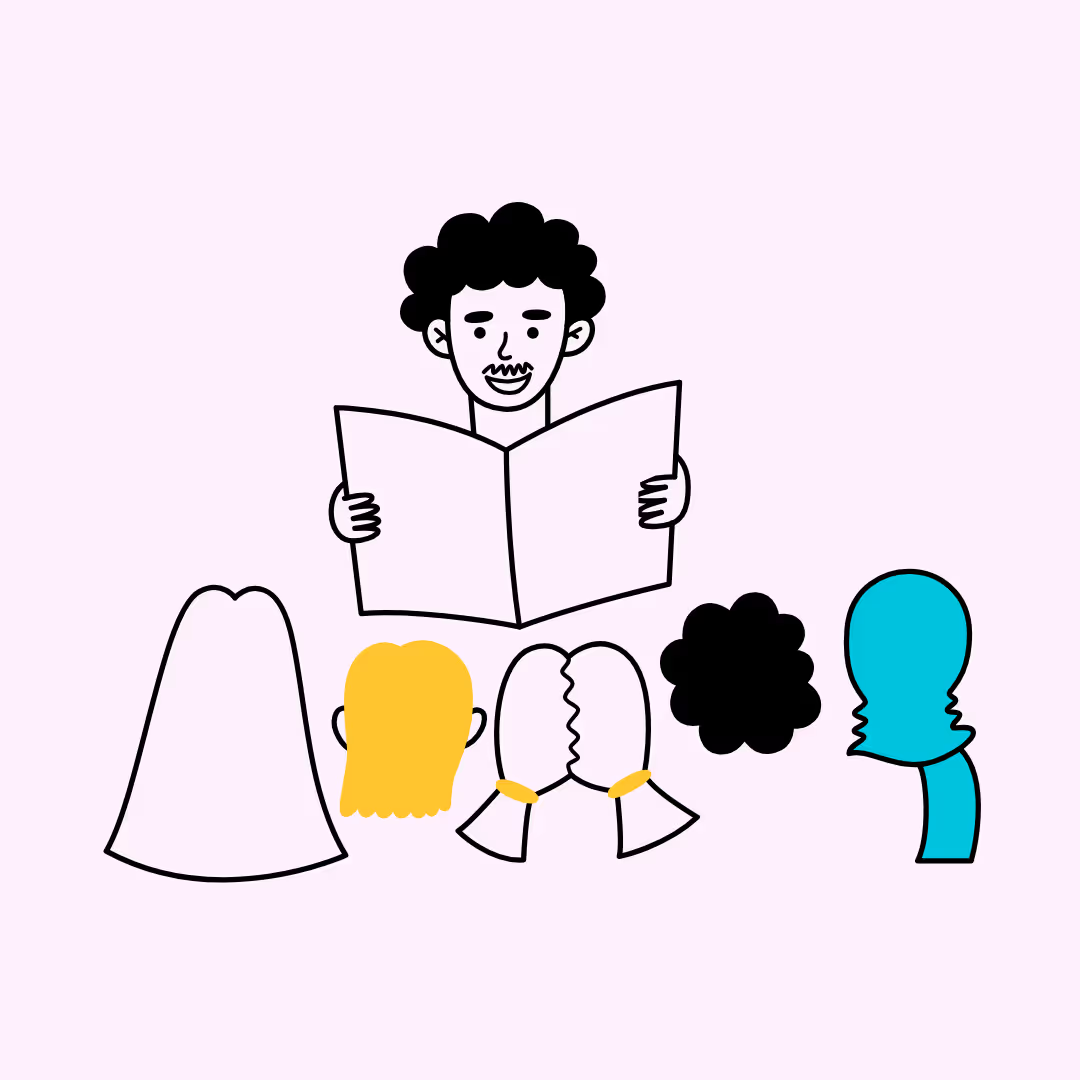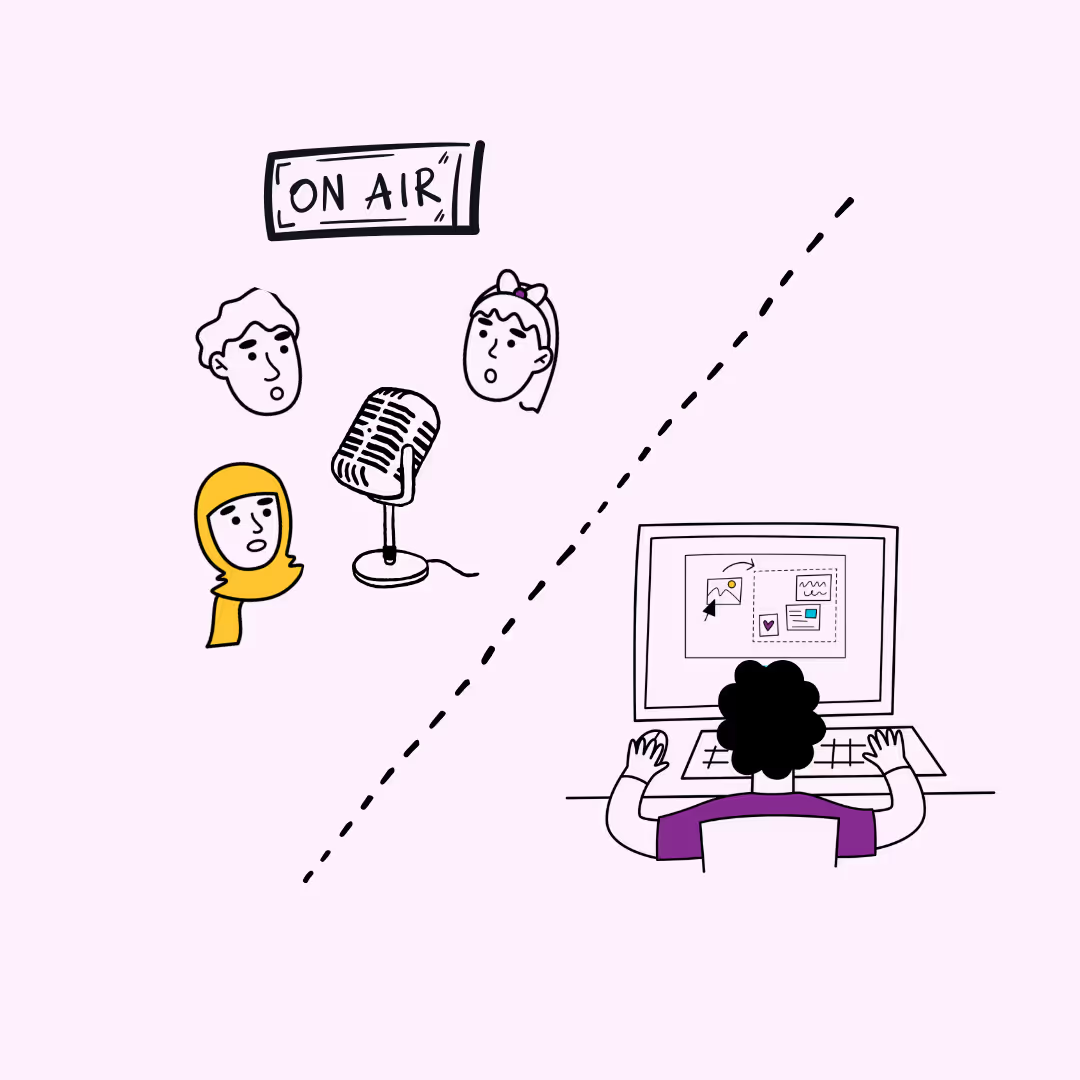Favourites
Please note: clearing your browser cache may remove your favourites.

This activity is relevant for students engaging in online activities such as gaming, social media, or messaging services, helping them identify when to seek support before sharing personal information, expanding their understanding of hacking and its impacts.

This activity enhances creative writing in the English curriculum, focusing on character development, settings, and plot structures, and is relevant for students engaged in online gaming and social media, addressing respectful relationships and promoting empathy and respect in both online and offline environments.

This activity introduces students to poetry, relates its key themes to their lives, addresses concerns about wellbeing and social interactions related to device usage, and encourages a balanced perspective on technology use.

This activity addresses issues related to technology use at school and home, promotes critical thinking about its emotional and social impact, develops self-regulation strategies, and cultivates communication skills such as active listening and empathy.





.avif)
.avif)
.avif)
.avif)


.avif)
.avif)









